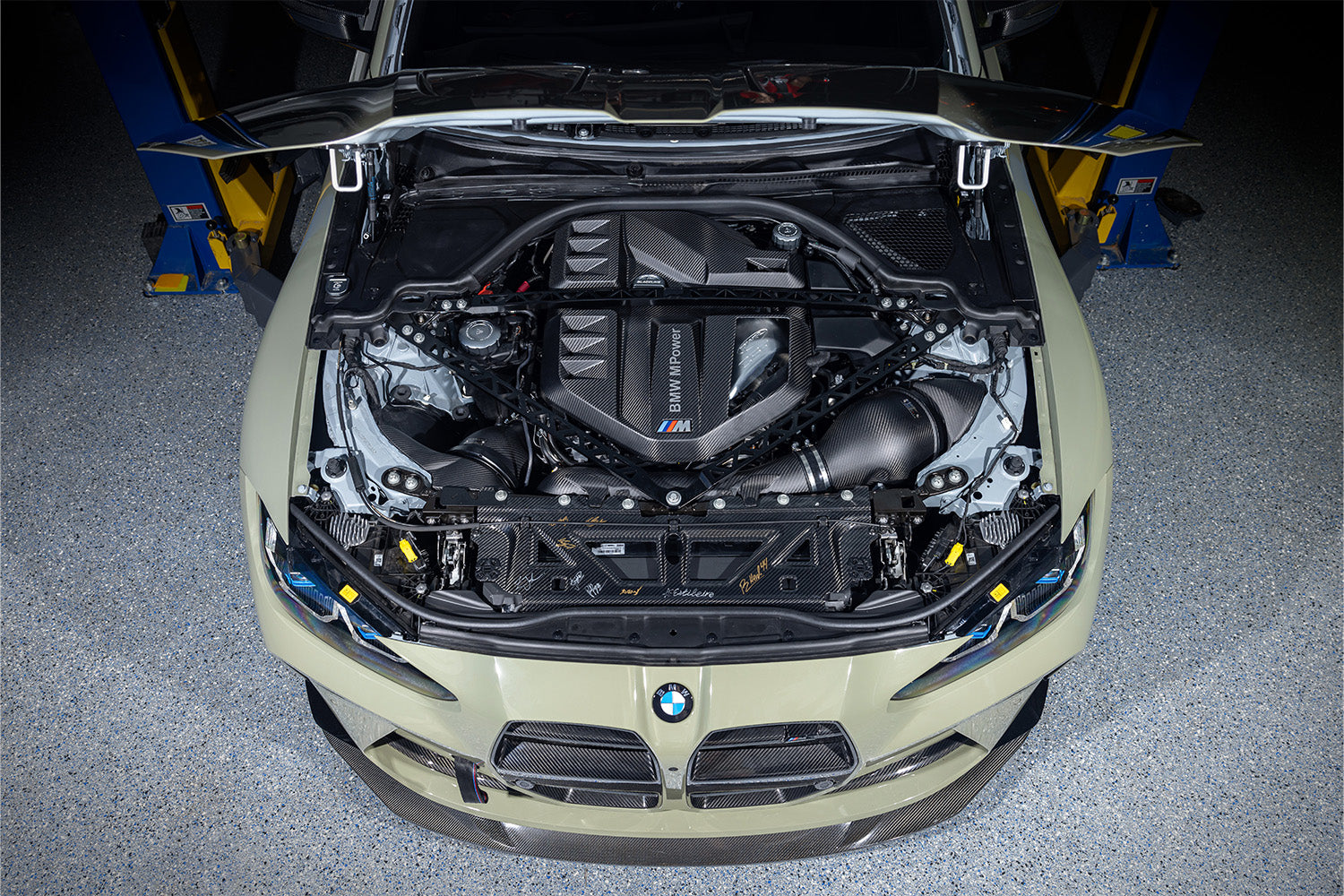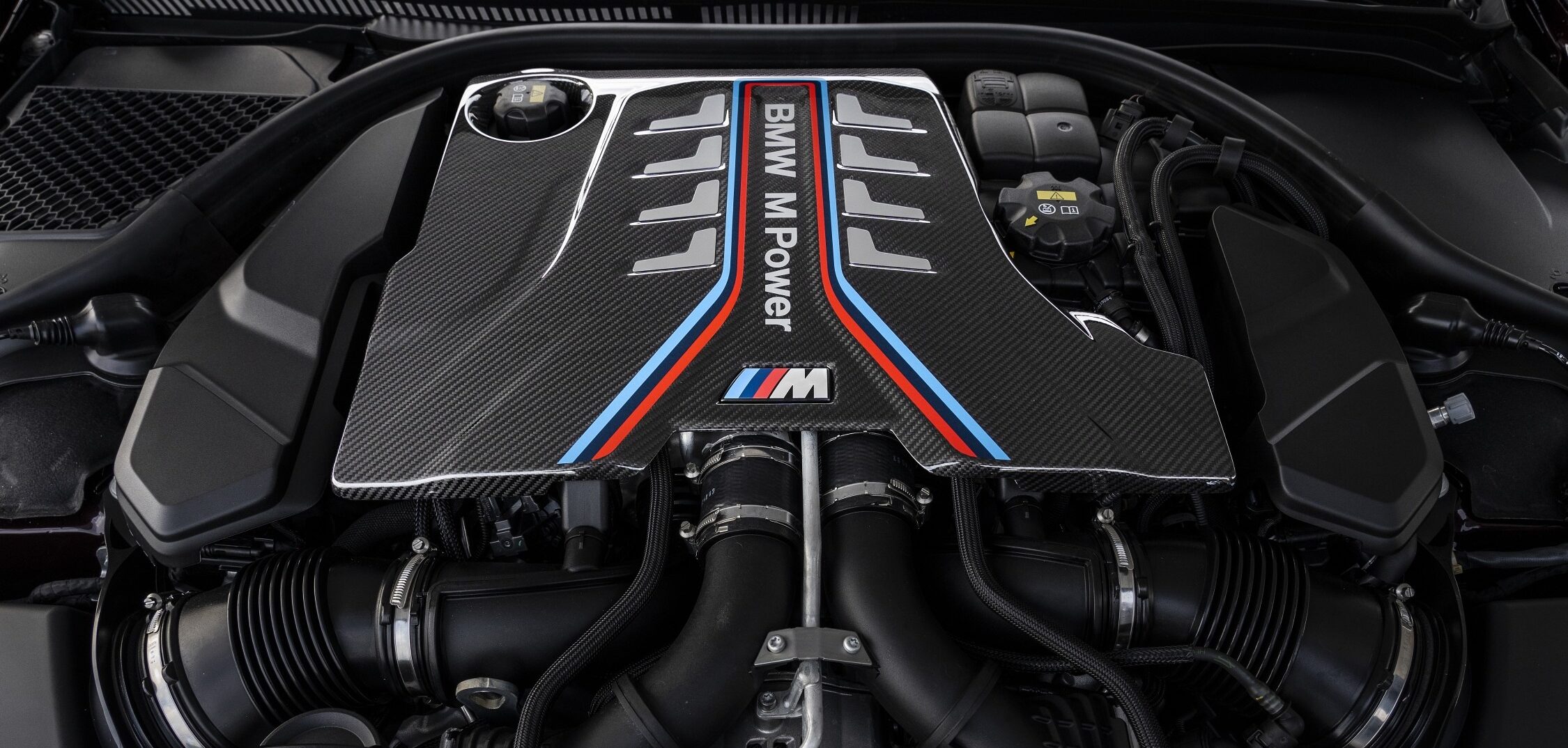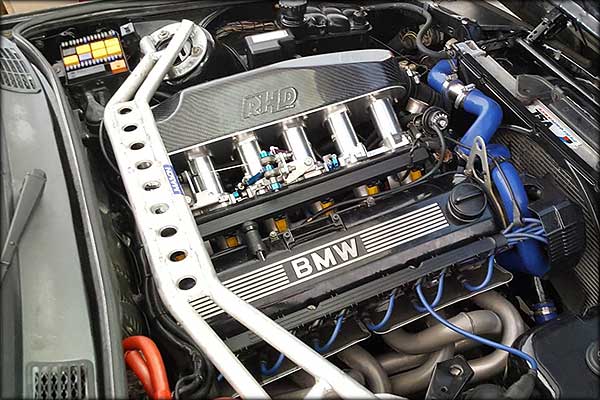Leading 5 BMW Engine Technologies Reinventing the Automotive Industry
Leading 5 BMW Engine Technologies Reinventing the Automotive Industry
Blog Article
Unveiling the Intricacies of Next-Generation Power Units: a Deep Study Advanced Engine Developments and styles
As we stand on the precipice of a brand-new era in transport, the complexities of next-generation engine styles bid us to discover the sophisticated innovations and innovations that guarantee to redefine the driving experience. Delving much deeper into the worlds of emission control, intelligent engine management systems, and the perspective of power system growth, we find ourselves on the cusp of a makeover that promises to improve the landscape of wheelchair as we know it.
Development of Engine Products

The shift in the direction of advanced engine materials has actually additionally enabled engineers to develop engines with higher power results while maintaining fuel effectiveness requirements. As an example, using lightweight products decreases the total weight of the engine, causing improved fuel economy and reduced emissions. In addition, advancements in products modern technology have actually enabled much better thermal administration within engines, leading to enhanced dependability and longevity.
Turbocharging and Supercharging Technologies
How do Turbocharging and Supercharging Technologies change engine efficiency and efficiency in modern-day cars? Turbo charging and turbocharging are technologies that dramatically improve engine performance by enhancing the quantity of air consumption into the burning chamber. Turbocharging accomplishes this by utilizing a turbine driven by exhaust gases to pressurize the intake air, while turbo charging uses a belt- or chain-driven compressor to attain the same result.
These innovations allow smaller, a lot more fuel-efficient engines to produce power equal to larger ones, referred to as downsizing. By forcing even more air into the cyndrical tubes, turbo charging and turbocharging improve burning effectiveness, resulting in boosted horse power and torque output without a substantial boost in engine size. This results in far better acceleration, pulling capacity, and general driving performance.
In addition, turbocharging and turbo charging add to enhanced gas efficiency by enabling the usage of smaller engines that take in much less fuel under typical driving problems - bmw engine. This combination of enhanced performance and performance has made turbocharging and turbo charging essential parts of several modern engine styles
Exhaust Control and Environmental Influence
With raising international worries concerning air top quality and ecological sustainability, the implementation of emission control innovations in automobiles plays an important duty in reducing hazardous toxins released into the ambience. Modern cars are furnished with advanced discharge control systems that assist lessen the ecological impact of automobile operations. Catalytic converters, as an example, are developed to convert toxic gases such as carbon monoxide gas, nitrogen oxides, and hydrocarbons right into less damaging compounds like carbon dioxide and water vapor.
Additionally, improvements in engine modern technology, such as the combination of exhaust gas recirculation systems and careful catalytic reduction, have significantly added to lowering emissions. These technologies function in tandem to maximize combustion efficiency and reduce the release of hazardous pollutants right into the air. Furthermore, the development of hybrid and electric lorries stands for an important step in the direction of minimizing the total environmental footprint of the transport industry.
Intelligent Engine Management Equipment

Moreover, these systems enable lorries to satisfy rigid exhausts requirements without compromising efficiency, providing a much more eco-friendly driving experience. The assimilation of man-made knowledge and device learning capacities in engine monitoring systems continues to push the borders of what is possible, bring about further improvements in performance, reliability, and general lorry performance. bmw engine. As vehicle modern technology breakthroughs, intelligent engine monitoring systems will play an essential function fit the future of transportation towards an extra lasting and efficient direction
Future Trends in Power Device Development
As smart engine monitoring systems lead the method for improved control and optimization in contemporary cars, future patterns find more in power device advancement are poised to redefine the landscape of automobile propulsion innovations. These alternative power sources supply boosted performance and efficiency while lining up with stringent environmental laws.
Another significant fad is the assimilation of sophisticated materials and making methods. Lightweight materials such as carbon fiber and light weight aluminum are being used to decrease overall lorry weight, improving fuel performance and performance. Additionally, advancements in 3D printing and additive production are allowing the manufacturing of complex engine parts with greater precision and durability.
In addition, man-made knowledge and maker learning are playing a crucial duty in optimizing power device performance. These modern technologies permit real-time monitoring and flexible control, resulting in extra reliable and reliable power shipment. On the whole, future patterns in power device advancement are tailored in the direction of performance, efficiency, and sustainability, driving the automobile sector in the direction of a new age of propulsion technologies.

Final Thought
To conclude, the improvements in engine materials, turbocharging, discharge control, and intelligent administration systems have actually led the way for next-generation power Home Page units. These technologies have not only enhanced efficiency and effectiveness yet also minimized environmental influence. As technology remains to progress, future patterns in power system development are likely to concentrate on further improving sustainability and maximizing power output. The complex designs and technologies in modern engines showcase the continuous advancement of automotive innovation.
Exploring the modern innovations in engine products has been critical in improving the performance and efficiency of modern-day engines. Over the years, the evolution of engine products has played a critical role in pushing the boundaries of what engines can accomplish.The shift towards advanced engine materials has actually likewise allowed designers to create engines with greater power outcomes while preserving fuel effectiveness requirements.The application of intelligent engine management systems in modern vehicles has actually revolutionized the way engines are regulated and maximized for efficiency and effectiveness. By collecting data Check This Out in real-time and analyzing it with sophisticated formulas, smart engine administration systems can adapt to driving styles, ecological aspects, and engine health and wellness to take full advantage of power output while minimizing gas usage and discharges.
Report this page